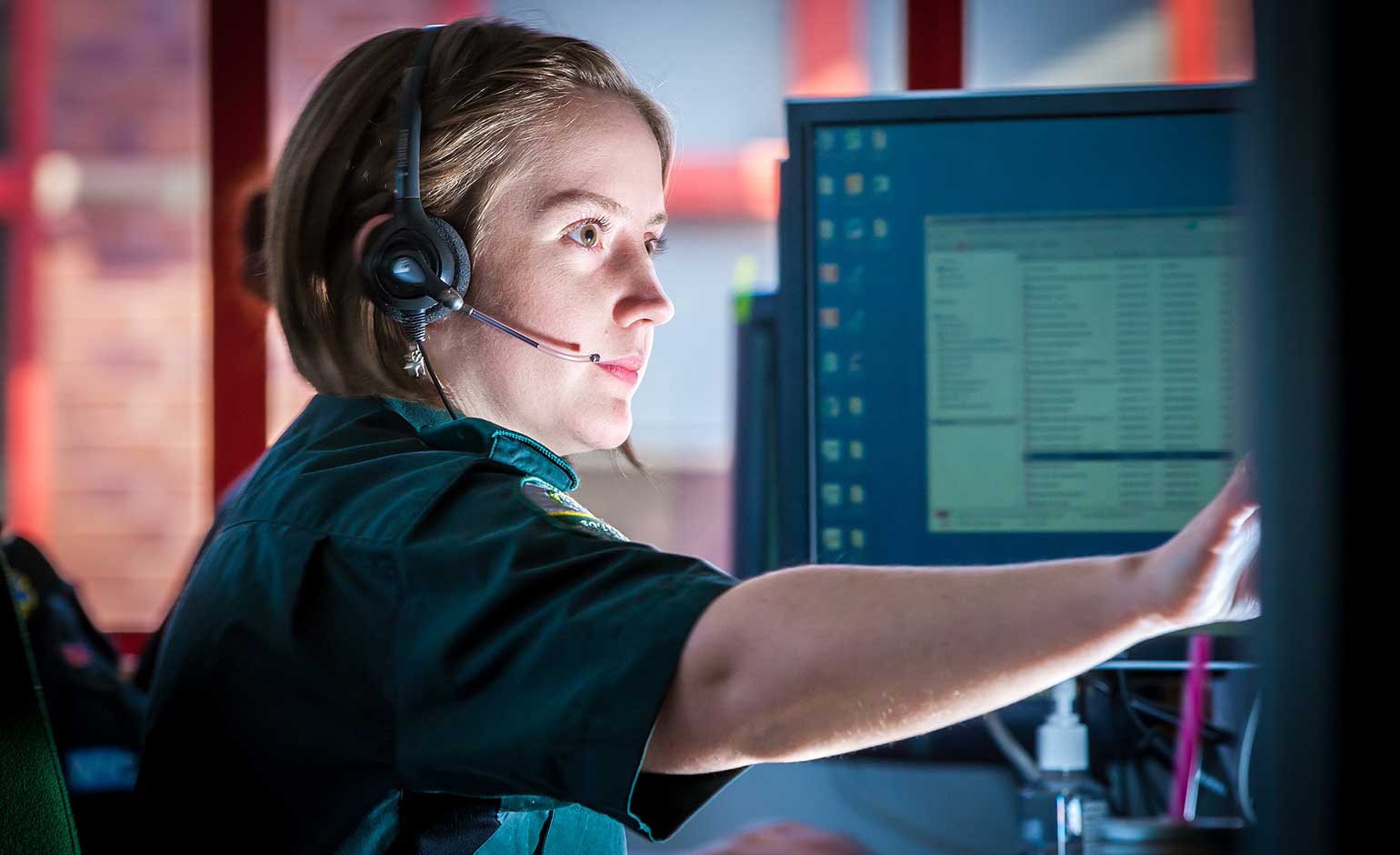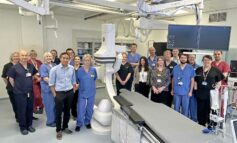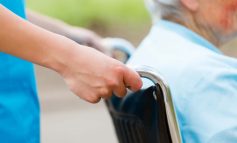People living across the South West of England are being asked to help save lives this summer with the South Western Ambulance Service and the region’s five air ambulance charities.

Image © South Western Ambulance Service
Data released by the South Western Ambulance Service NHS Foundation Trust (SWASFT) revealed that in the last six years, it has responded to and provided a resuscitation attempt for over 21,000 patients, following a cardiac arrest.
75% of these patients experienced a cardiac arrest at a private location such as a home or holiday address.
An out-of-hospital cardiac arrest is a medical emergency when a person’s heart stops beating suddenly, causing them to fall unconscious and to stop breathing normally.
Over the past six years, 65% of patients who experienced such an emergency were able to receive bystander CPR (chest compressions) before the arrival of the first ambulance response.
Together, SWASFT, Cornwall Air Ambulance, Devon Air Ambulance, Wiltshire Air Ambulance, Great Western Air Ambulance Charity and the Dorset and Somerset Air Ambulance are encouraging residents and tourists to plan ahead to help Save Lives Together this summer.
They are asking people to:
- Know how to describe their exact location in a remote or rural area using What3Words – a free app which converts your location into a unique three-word address – so the emergency services can find you.
- Spend 15 minutes learning how to do CPR by visiting the SWASFT Saving Lives Together website.
- Learn where the nearest defibrillator is to their home or holiday address by visiting the SWASFT Saving Lives Together website.
Ollie Zorab, Clinical Lead for Out-of-Hospital Cardiac Arrest at South Western Ambulance Service NHS Foundation Trust said: “With a high proportion of cardiac arrests taking place at a private location, it will sadly mean that you’re more likely to perform CPR on a loved one, than you will on a stranger.
“We wanted to empower people this summer to know what to do, should the worst happen, so you can help us to help you.
“I often hear people say they would be worried about hurting somebody when performing CPR or using a defibrillator.
“In reality, when someone has a sudden, unexpected cardiac arrest, doing nothing is the only way of making their situation worse.
“Public access defibrillators are simple pieces of equipment which are easy to use and don’t require any training, if you have to use a device, it will provide clear instructions telling you what you need to do.”
This summer, Saving Lives Together is being supported by the region’s air ambulance charities. Last year, around one in three missions for the South West’s air ambulances were to patients experiencing a cardiac arrest.
Air ambulance Critical Care teams are a crucial part of the SWASFT team, especially for time-critical emergencies such as cardiac arrest.
With SWASFT support, air ambulance crews can deliver hospital-level treatment to the scene of an incident very quickly and transport patients to the most suitable hospital.
They are also able to reach patients in locations that aren’t always accessible by road.
In a life-threatening emergency, dial 999 and request an ambulance. For non-life-threatening emergencies, people can access appropriate care by calling 111, visiting www.111.nhs.uk, contacting their GP or getting advice from a pharmacy.



